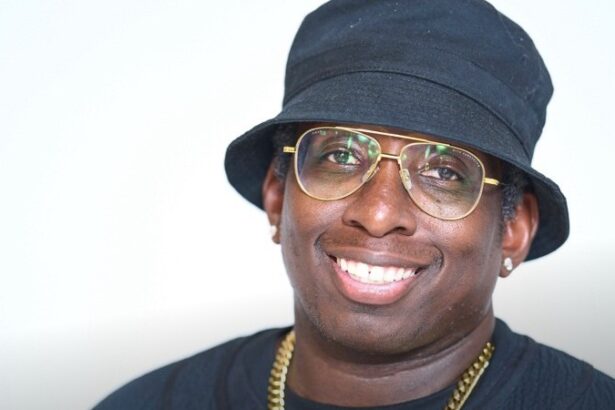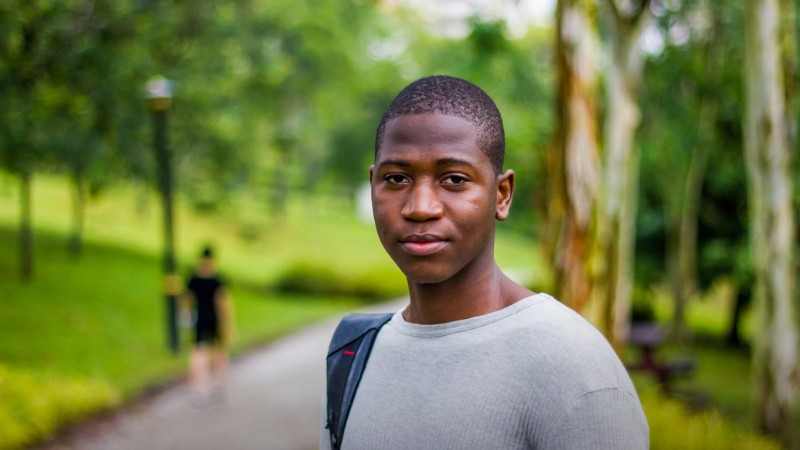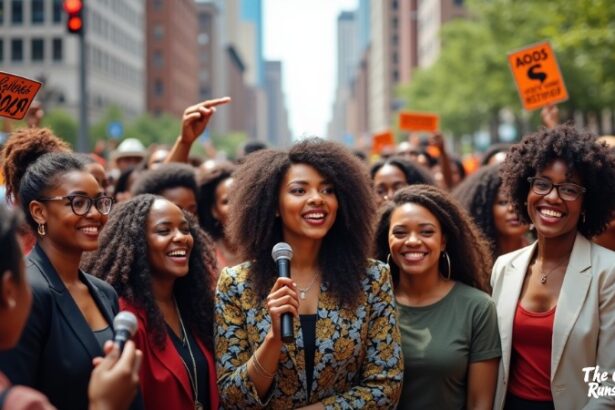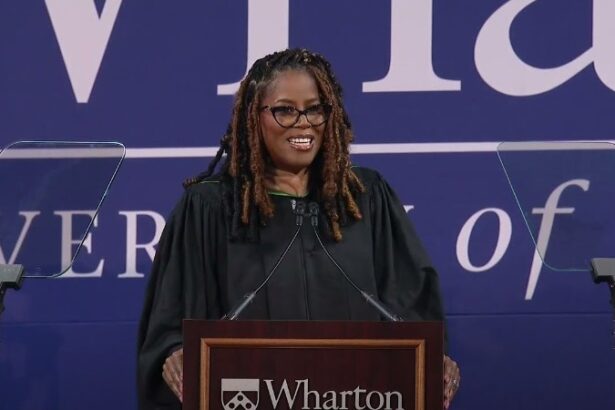If you’ve ever doubted the power of mentorship, take a closer look—both across the globe and right here at home. In Nigeria, the government recently called on communities to step up and guide the boy-child.
The concern is real: too many boys are growing up without positive male figures, missing the kind of steady, value-driven support that helps shape responsible leaders. It’s not just Nigeria’s issue. It’s a challenge American communities face every day.
Where mentorship takes root
Now zoom in on Richmond, California. That’s where Urban Tilth’s UJIMA Program is making moves, not just talking change but living it. It’s more than just an after-school project.
It’s a year-round commitment to grow confident, capable Black youth by reconnecting them to land, to history, and to one another. From community gardens to leadership workshops, UJIMA is what it looks like when mentorship shows up, consistently and intentionally.
Tweet
Ask TJ, the UJIMA Program Manager. He’s not preaching from a distance—he’s lived this. When he met Wesley, a quiet teen unsure of his place, he saw potential. Wesley stuck with the program, even when it was uncomfortable.
A year later, he wasn’t just showing up—he was leading, mentoring, and inspiring other kids to do the same. That’s transformation. That’s what happens when someone believes in you and walks alongside you.
Building stronger communities
The takeaway? Mentorship isn’t charity—it’s strategy. Whether you’re in Nigeria or California, boys need to see what leadership looks like, not just hear about it. And communities don’t change because of speeches; they change when someone steps up.
If you’re waiting for a sign to get involved, this is it. Be the mentor you wish you had. Create the space. Spark the change. Help someone shine. Because when we lift up our boys, we strengthen everything.
Key Takeaways
Mentorship is crucial for the development of responsible leaders, as demonstrated by initiatives in Nigeria and the UJIMA Program in Richmond, California.
- Impact: The absence of positive male role models affects the development of responsible leaders, both globally and locally.
- Action: Communities should implement consistent and intentional mentorship programs to guide and support young boys.
- Empowerment: Individuals can make a significant impact by becoming mentors and creating opportunities for young boys to thrive.








